Palau News Letter Vol. 9] Waste Segregation and Discharge Activities at Elementary Schools
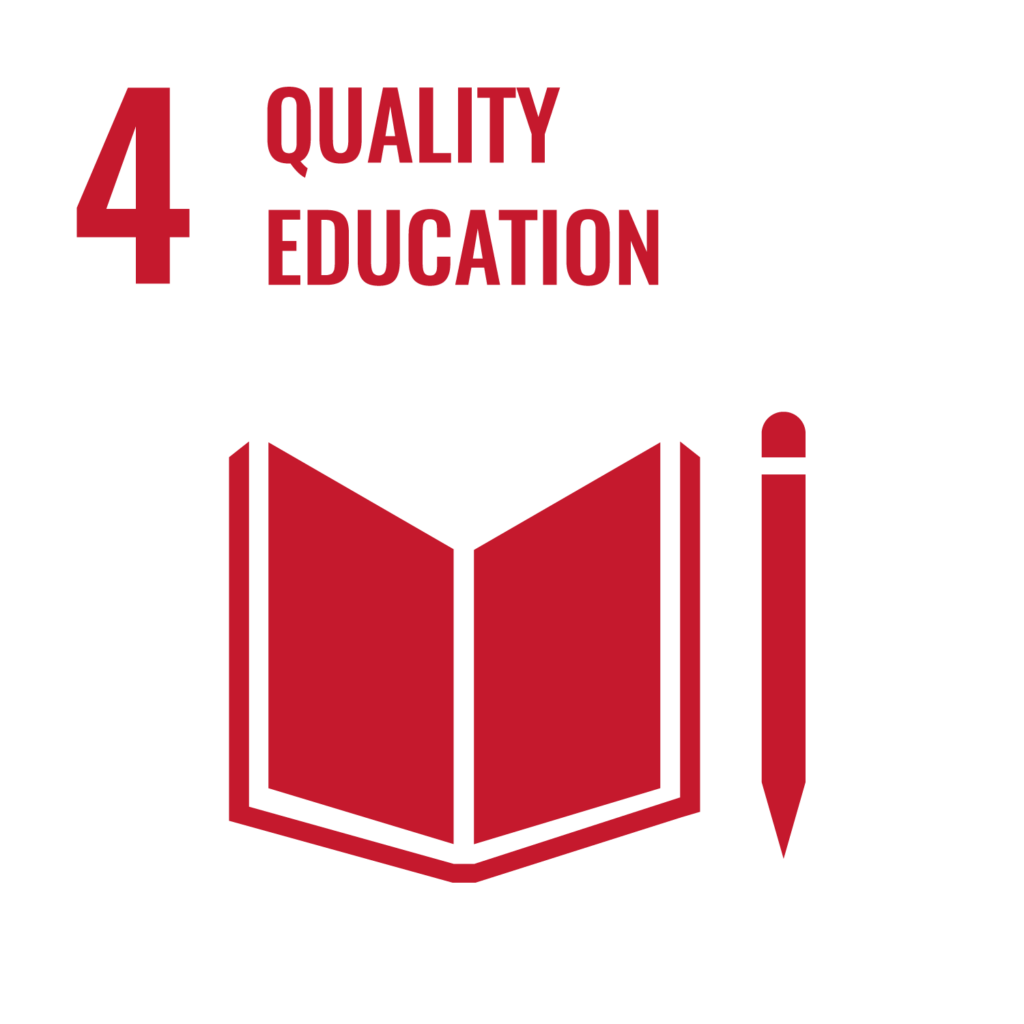
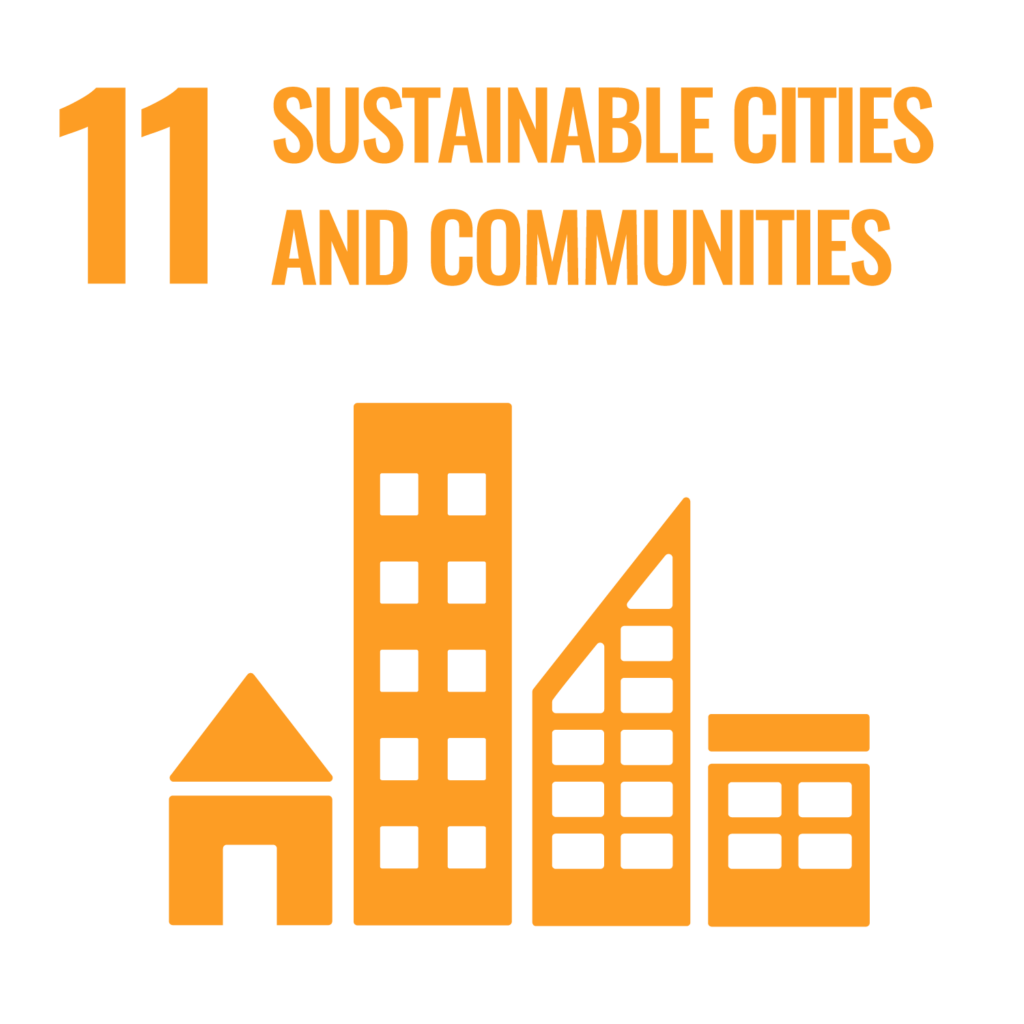
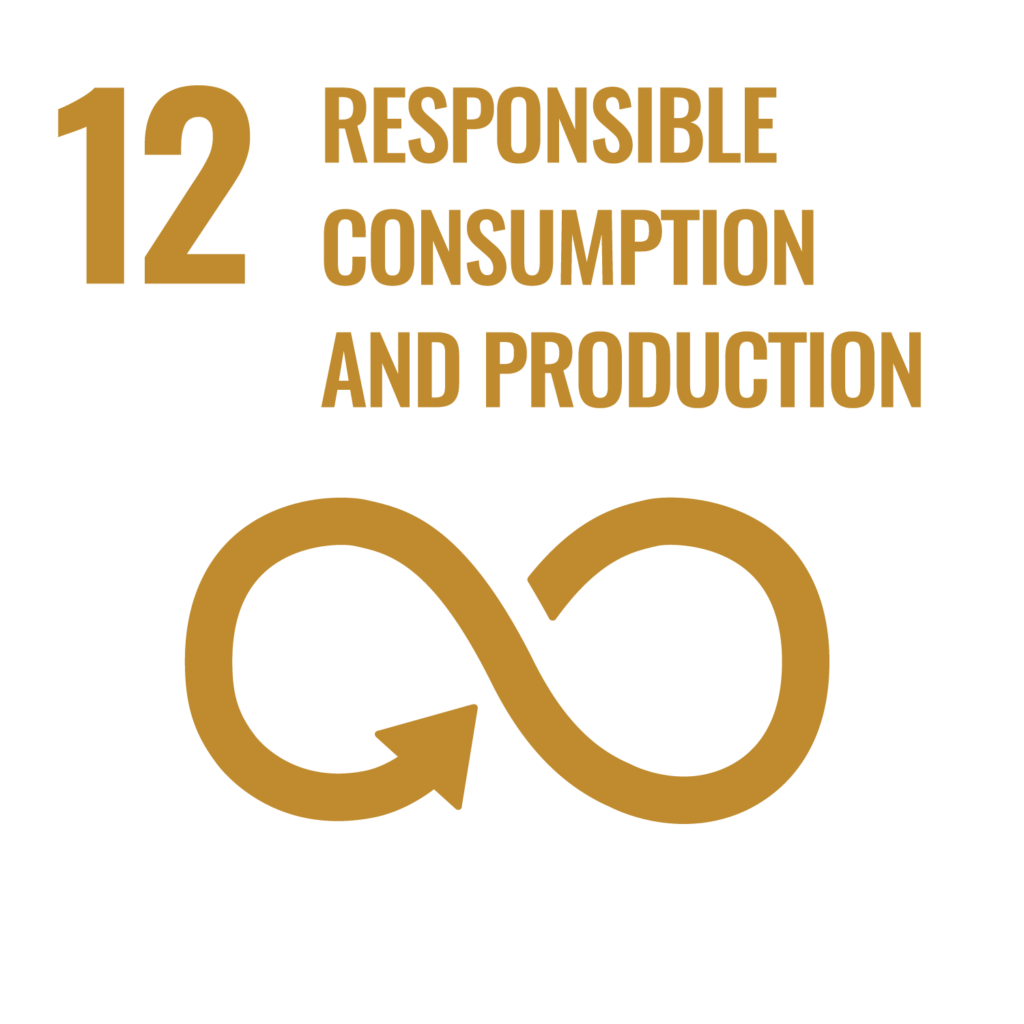
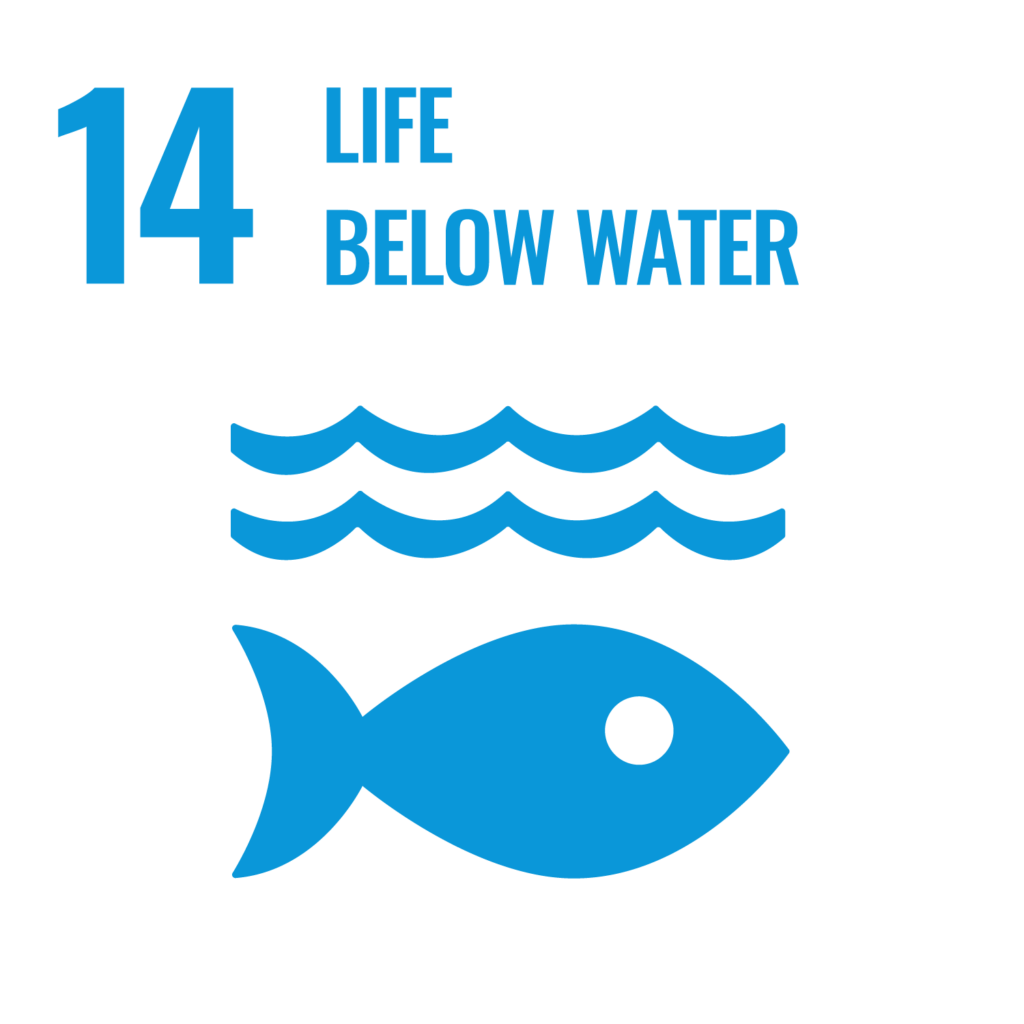
We would like to show you with an update on the JICA Partnership Program "The Project to Promote Systematic Household Waste Segregation and Discharge in Babeldaob Island, the Republic of Palau" which is being implemented in Palau by ICETT.
Started sorting and discharging activities at elementary schools
There are a total of eight elementary schools in Babeldaob Island, Palau, the target area of this project. In this issue of Palau News Letter, we report on the activities of sorting and discharging waste as resources at the schools.
Starting in February 2025, children in grades 1 through 8 (equal to first grade in elementary school through second grade in junior high school in Japanese educational system) of eight elementary schools have started sorting activity for plastics, metals, and paper.
(Palau does not have a junior high school; children attend elementary school from grades 1 to 8 and then go on to high school.)
The students put the resources in containers placed in each classroom, and the students in charge of collecting them go around and bring them to the "Resource Station" (hereinafter referred to as "station"), which is set up one at each school.
There are two types of stations installed at the schools. One is a "box type" station (see photo on the left), which is the same as the one in the community, and the other is a "tire type" station (see photo on the right), which uses scrap tires, that are commonly found in Palau.


Currently, a truck comes once a week to visit each school to collect the resources. At the time of collection, each resource is weighed and recorded. Since schools generate a large amount of paper waste, we are also working on the 2Rs (Reduce/Reuse) of paper, and have begun to "utilize back side of printed paper," which is common in Japan.
Children sorting and discharging waste for resource recovery


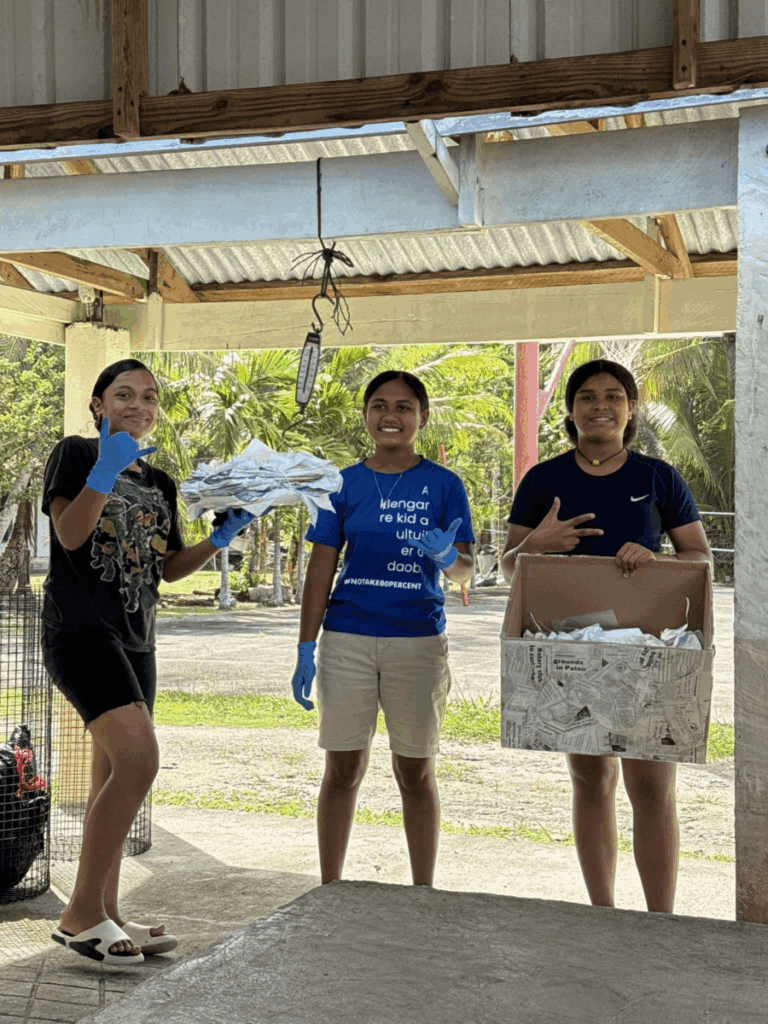

Elementary School Video Contest Held
In February 2025, we held a contest in which each school created a video about sorting and emission activities. Students appeared in the videos and were able to learn about the activities at their schools and the correct method of sorting and discharging. The top-three winning schools received stationery requested by the winning schools from the Ministry of Education as an extra prize. The award winning works can be viewed at the link below.
1st prize: Melekeok Elementary School https://www.facebook.com/friends.pnms/videos/1325880715169969
2nd prize: Aimeliik Elementary School https://www.facebook.com/friends.pnms/videos/1208557220650940
3rd prize: Ibobang Elementary School https://www.facebook.com/friends.pnms/videos/2676951712695921

Award Ceremony



These efforts at elementary schools have spread to the homes through the children, and have served as a catalyst for interest in and practice of sorting at home and in the communities. We hope that the children, who are the future of Palau, will be able to think and act independently on environmental issues.
[Essay on Palau]
One day, when I was walking outside with a Palauan and he said to me, "This is Sakura (cherry blossom), isn't it!?" Then, I looked up and saw a big tree with red flowers. When I told him that this was not a Japanese cherry blossom, he was very surprised. At that time, I thought he was mistaken, but the same thing happened twice when I was talking with other Palauans.
Then, I found out that, in fact, Palauans call frame tree (a tree that is common in subtropical regions) as "Sakura". But when another Palauan said, "I want to go to Japan when the white flowers bloom," and he meant Someiyoshino which is the most popular cherry blossom in Japan, I was a little confused lol.
Palauan language has many words of Japanese origin, but their original meanings and usages are sometimes used in slightly different ways. At such times, I sometimes imagine how the Japanese people have felt when they taught Japanese in Palau in the past.
It is said that language is a mirror of culture. The word "Sakura" may reflect the history of Palau and Japan, as well as the thoughts and feelings of the people of both countries.
Flame tree called "Sakura" in Palau


Please look forward to the next issue of Palau News Letter!


